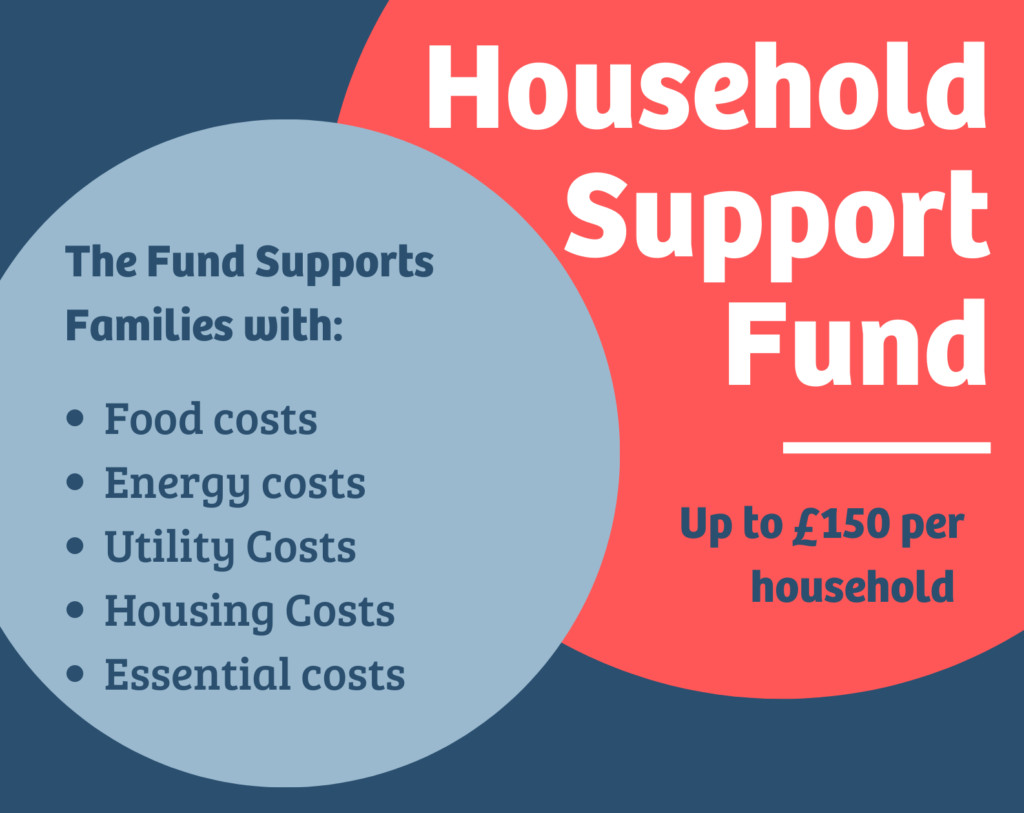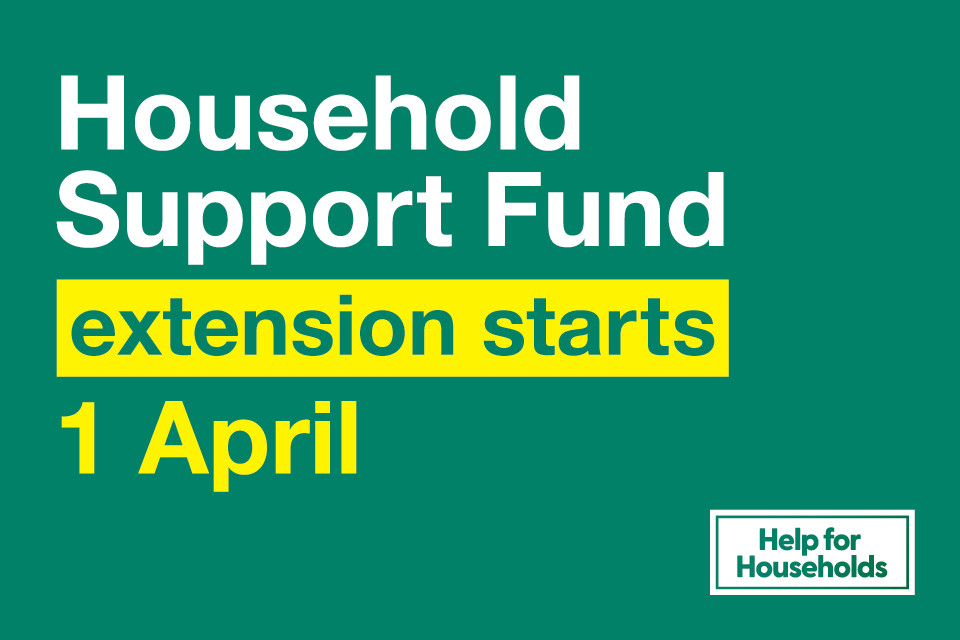The government has announced the extension of a fund designed to help with cost-of-living pressures over the winter. The money in the Household Support Fund will be distributed to councils, who can use the scheme to give struggling households small payments. The extension comes after criticism of the Labour government’s decision to scrap winter fuel payments for 10 million pensioners in England and Wales. Work and Pensions Secretary Liz Kendall said the new Household Support Fund would be launched in the coming weeks. “Pensioners and others struggling with the cost of living over the colder months should contact their local council to see what support may be available to them,” she said. The policy to scrap some winter fuel payments is expected to reduce the number of pensioners who receive the payment from 11.4 million to 1.5 million, saving the Treasury £1.4bn this financial year. It is a devolved matter in Scotland and Northern Ireland. The Household Support Fund will be worth £421m in England and will run until the end of March next year. It was originally due to end in September. The government is facing calls to rethink the winter fuel payment decision ahead of Rachel Reeves’s first budget as chancellor in October. Prime Minister Keir Starmer warned the budget would be “painful” and said the government would have to make “big asks” of the public. Sir Keir's government repeatedly accused the Conservatives of leaving the public finances in a dire state since Labour won the general election in July. In response, the Conservatives have been saying Labour inherited a growing economy and claim Sir Keir is laying the groundwork for tax rises. The Household Support Fund was introduced in October 2021, with initial funding of £500m to help people hit by the Covid pandemic. It has since been extended several times, most recently in the spring budget when the previous government provided a further £500m to extend the fund through to September this year. Councils can use the money to help people afford their food, energy and water bills as well as other essential items. The scheme is aimed at vulnerable people but individual councils can decide on their own eligibility criteria and how the money is spent. The pot of money also includes cash for devolved administrations in Wales, Scotland and Northern Ireland to spend as they choose. Vulnerable households will receive support for the cost of essentials this winter, as the Work and Pensions Secretary Liz Kendall announces an extension to the Household Support Fund for the next six months. The £421m extension gives certainty to Local Authorities across England over the winter months – up until April 2025 – as they work to help those struggling with the cost of energy, food, and water. Pensioners and others struggling to heat their homes or afford other essential items over the colder months should contact their local council to see what support may be available to them. Details on the latest scheme for local authorities and councils will be communicated in the coming weeks. Many councils also use the Fund beyond emergency support, including working with local charities and community groups to provide residents with key appliances, school uniforms, cookery classes, and items to improve energy efficiency in the home. An estimated £79 million will also be given to Devolved Administrations via the Barnett formula as the government leaves no stone unturned in ensuring every person – in every part of the country – has the foundations they need to be financially secure. Administrations in Scotland, Wales and Northern Ireland can choose how to allocate this additional funding, as the UK government continues to work closely with them to help support vulnerable people. Given the dire economic inheritance, we had to take difficult decisions to put our public finances on a sustainable footing as we tackle the £22 billion black hole. 1.3 million more people have fallen into poverty since 2010/11, with living standards falling by the largest year-on-year drop since records began in 2022/23. For over a decade people have also been denied the security and dignity that good work affords with more than a near record 2.8 million people out of work due to sickness. As we continue our work to deliver growth, make work pay and develop our child poverty strategy in the long term, the extension of the Fund prevents councils and vulnerable households experiencing an immediate cliff edge of support with a tough winter ahead. Chancellor of the Exchequer, Rachel Reeves MP, said: The £22 billion blackhole inherited from the previous governments means we have to take tough decisions to fix the foundations of our economy. But extending the Household Support Fund is the right thing to do - provide targeted support for those who need it most as we head into the winter months. Secretary of State for Work and Pensions, Liz Kendall MP, said: We are extending the Household Support Fund for the next six months because it is a lifeline for people who are struggling with the cost of living. The dire inheritance we face means more people are living in poverty now than 14 years ago – and this Government is taking immediate action to prevent a cliff edge of support for the most vulnerable in our society. At the same time, we are taking action to fix the foundations of our country through our plans to grow the economy, make work pay, and Get Britain Working again. The government is exploring options around how best to provide sustainable support to vulnerable households in the longer term while the ministerial Child Poverty Taskforce develops an ambitious strategy to tackle the root causes of poverty, and the Get Britain Working White Paper, to be set out in the Autumn, will develop measures to reduce inactivity and help people to find better paid and more secure jobs. By growing the economy and unlocking investment through the National Wealth Fund; launching Great British Energy to drive home-grown clean energy and lower bills; making work pay and developing a new Child Poverty Strategy to give children the best start in life – the Government is looking at all levers available to unlock the potential of millions across the country and give them the platform they need to thrive. Across the UK, millions continue to struggle as the rampant inflation of the past few years has left essentials costing more than ever before. Household bills, groceries, mortgages and rents have all hit record highs, as the country navigates the ongoing cost of living crisis. Inflation reached the Bank of England’s 2 percent target in June for the first time in three years – but in July it went up again to 2.2 percent. This is still a long way down from the peak of 11.1 percent in October 2022. While lower inflation is welcome economic news, it unfortunately does not mean costs are going back to what they were previously, just that they have begun rising less fast. The latest annual figures on low-income households paint a bleak picture of the UK’s economic situation. They show absolute poverty has increased for two years in a row, with nearly a million more people in poverty in 2022/23 than in 2021/2022. Recent research from the Joseph Rowntree Foundation also shows that nearly a million people are only £10 away from poverty, while 3.2 million are just £40 clear. The new Labour government has pledged to tackle the cost of living crisis by dealing with its underlying causes. Work and pensions secretary Liz Kendall has said the DWP will focus on tackling “economic inactivity,” aiming to boost employment with their new ‘Back to Work’ plan. In October, the chancellor will be unveiling her first budget with many experts expecting tax rises and spending cuts to be announced. Here is an overview of the financial support available to low-income families this September and key dates for benefits recipients to look out for: The usual benefits and pension payments will be going out as normal in September as there are no bank holidays in the month. These are: For more information on how and when state benefits are paid, visit the government’s website. A report from Policy in Practice this year shows that nearly £23bn in benefits goes unclaimed a year – they offer a helpful calculator to work out what you might be entitled to. Have you been having issues with the DWP recently? Get in touch via email: [email protected] In the spring Budget, former chancellor Jeremy Hunt confirmed the Household Support Fund (HSF) would be extended until the end of September 2024, meaning there may still be time to make the most of it. The HSF is funding given to all local councils to support vulnerable households in their area. Councils are free to allocate the funds however they feel is best. For instance, some have provided cash grants, supermarket vouchers, or energy bill assistance. Visit your local council’s website to find out what help may still be available. To find out what support is available, the End Furniture Poverty charity offers a helpful assistance finder tool. Budgeting advance loans The government offers a ‘budgeting advance loan’ for people on Universal Credit who face an emergency lack of money. The loan has a maximum repayment period of two years. These loans are interest-free, and automatically deducted from Universal Credit payments. You can borrow an ‘advance’ of up to: Charitable grants If you are struggling financially, you may be eligible for certain charitable grants. There are a wide range of grants available depending on your circumstances. However, these grants will typically require you to meet specific criteria and only be able to offer limited funds. Charitable grants are available for people who are disabled or ill, carers, bereaved, unemployed, students – and many more. The charity Turn2us has an online tool to search for grants which may be available to you. Energy provider help A number of energy suppliers offer help for those struggling with their energy bills. These include Scottish Power, EDF, E.ON and Octopus. It is worth contacting your energy provider to find out if you are eligible. British Gas also offer a grant of up to £2,000 to customers of any energy provider. You will need to meet specific criteria to be eligible, and can apply on the British Gas Energy Trust website. Council tax reduction If you meet certain criteria or are on certain benefits, you may be able to apply for a discount on your council tax discount of up to 100 per cent. Your local council may still be able to offer you a discretionary reduction if you are able to demonstrate you are facing severe hardship and can’t afford to pay your council tax. To apply for a council tax reduction, you can contact your local council via the government’s website. Up to 30 hours of free childcare All working parents in the UK are currently entitled to 30 hours of free childcare for children aged 3 to 4. From April 1, this entitlement expanded to include 15 hours of free childcare for 2-year-olds. From September 1, this will be expanded again to include all children from the age of nine months. To ensure you fill your eligibility, parents must apply for this before the September term starts. You must apply online and reconfirm your eligibility every three months, in time for each school term. Working parents can also apply for tax-free childcare, giving back 20p for every 80p you put towards childcare, up to a maximum of £500 a year. The final expansion to free childcare, coming in September 2025, will see all children under five eligible for 30 hours. The energy price cap dropped to £1,568 in July, down £122 from the April cap of £1,690. However, analysts at the trusted Cornwall Insight predict this figure will rise in October to £1,723.06. The energy price cap is the maximum amount energy suppliers can charge you for each unit of energy if you’re on a standard variable tariff. That includes most households. It is expressed as an annual bill for an average home. The recent decline in prices is reflective of recent drops in wholesale energy costs – the amount energy firms pay for their electricity and gas before supplying it to households. It’s likely we’ll see the new government make some significant changes to benefits and pensions, but this will happen slowly over the next few years. Planned changes usually go through consultation periods which can take months, or even years. Labour has said it will review Universal Credit so that it “makes work pay and tackles poverty”. Work and pensions secretary Liz Kendall outlined her ‘Back to Work’ plan shortly after the election, outlining the government’s aim to focus on “economic inactivity”. The planned changes include: “It is time for change in every corner of the country,” said Ms Kendall. “We’ll create more good jobs, make work pay, transform skills, and overhaul job centres, alongside action to tackle the root causes of worklessness including poor physical and mental health.” However, since coming into power the government has been criticised for refusing to lift the two-child benefit cap, which campaigners say is keeping nearly a million children in poverty. On pensions, Labour ruled out matching the Conservatives’ ‘triple lock plus’ pledge before the election, which would have seen the tax-free pension allowance rise every year in line with the triple lock. Instead, they have committed to a review of workplace pensions to ensure financial security in retirement. Rachel Reeves also made the controversial decision in July to tighten the eligibility for Winter Fuel Payments, which are designed to ensure older people can afford heating in colder months. The government’s Household Support Fund (HSF) was due to end on September 30, but it was announced on Monday (September 2) that it will stay in place for another six months. The £421m kitty is given to councils who can use it to help residents in the cost-of-living crisis, with many choosing to spend their cash on giving free school meals to children during the holidays. The extension means families struggling to make ends meet in Greater Manchester can expect their children to be fed in school during the autumn half term, Christmas, and spring half term holidays. “We are extending the Household Support Fund for the next six months because it is a lifeline for people who are struggling with the cost of living,” said Secretary of State for Work and Pensions, Liz Kendall MP in announcing the extension. “The dire inheritance we face means more people are living in poverty now than 14 years ago – and this Government is taking immediate action to prevent a cliff edge of support for the most vulnerable in our society.” The news comes as a relief for leaders in Greater Manchester. Manchester council leader Bev Craig said she ‘campaigned vociferously for the Household Support Fund to be extended, both under previous Governments and the current one’, because ‘the funding enables us to provide a vital lifeline for tens of thousands struggling to manage cost of living pressures’. But her work isn’t done yet. She added: “Today’s announcement will ensure we can give that extra support to those who need it most and we will work with the new government to tackle the long-term root causes [of poverty].” It’s understood final allocations of HSF cash have not yet been determined for each council, but officials in Manchester expect both the overall national budget, and their own slice of the cake, to remain similar. That would mean the city will receive £6.45 million until March 31. Sharing Bev Craig sentiments was Rochdale leader, Neil Emmott, who said: “The extension is to be welcomed and, alongside our helping hand cost of living package, will provide vital support for thousands of our older and vulnerable residents this winter. We will continue to work with the government to find solutions to poverty in the long-term.” Susan Gambles, Wigan council’s executive member for added she was ‘really pleased’ with the news, calling the HSF an ‘absolute lifeline’. While there is relief across Greater Manchester, the temporary extension means the problem of helping families through the crisis has been effectively kicked down the road until April, when the HSF is next due to close. A similar situation unfolded in spring, when then-Chancellor Jeremy Hunt gave the scheme another six months to live. In all, Ms Kendall’s decision is the sixth stay of execution for the HSF.
Luca Rossi
Environmental Reporter
Reporting on environmental issues and sustainability.


















